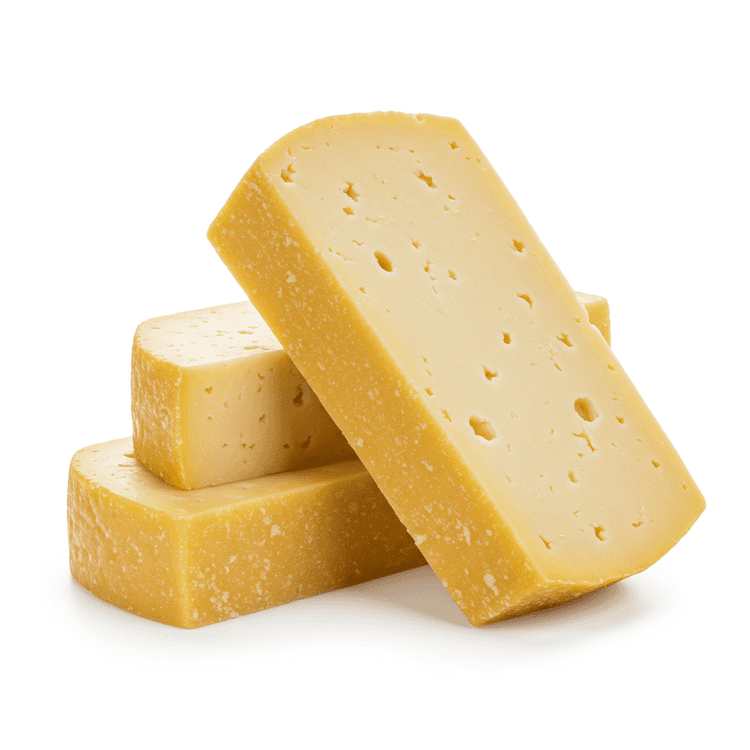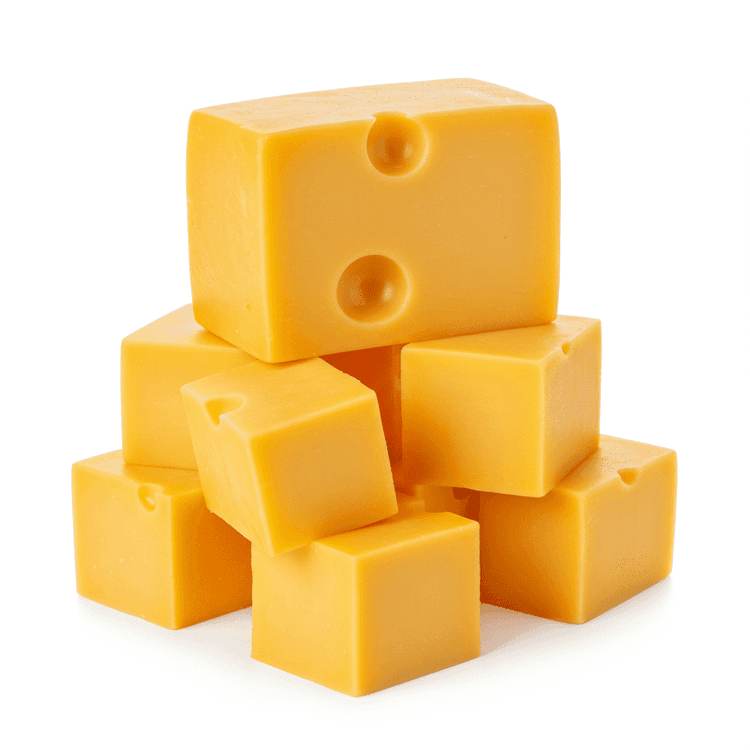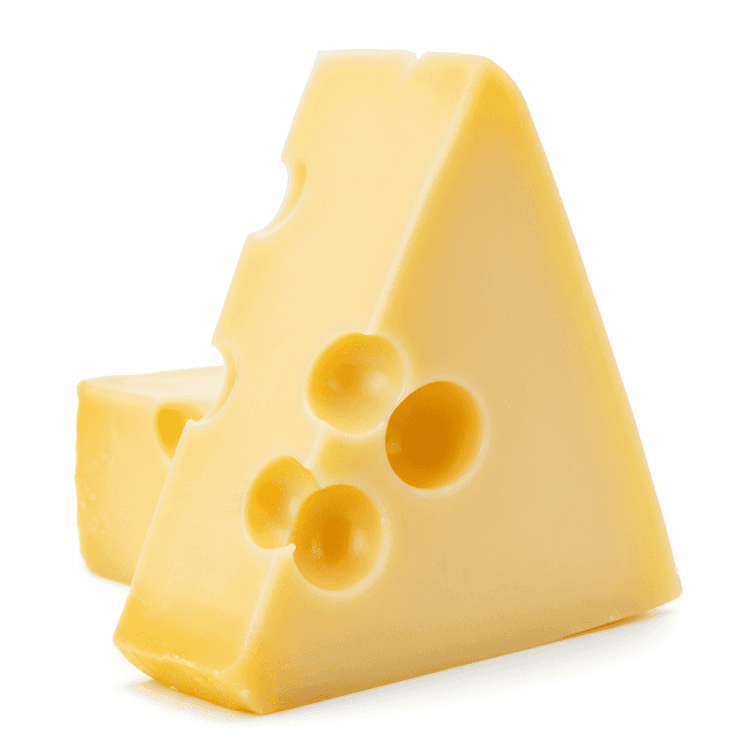
Mexican Cheese
Mexican cheese encompasses a diverse range of cheeses with origins in Mexico, each offering unique flavors and textures. These cheeses are typically made from cow's milk or a blend of cow and goat's milk. Common varieties include queso fresco, a fresh, crumbly cheese with a mild, milky flavor; queso Oaxaca, a string cheese similar to mozzarella, known for its melty texture and mild, buttery taste; and queso asadero, a semi-hard cheese that melts beautifully and has a slightly tangy flavor. Mexican cheeses are integral to many traditional Mexican dishes, adding richness, flavor, and texture.
Common Uses
- Use queso fresco crumbled over tacos, enchiladas, salads, and soups to add a fresh, milky flavor and creamy texture. It doesn't melt well, so it's best used as a topping.
- Incorporate queso Oaxaca into quesadillas, tlayudas, or chile rellenos for its excellent melting properties and mild, buttery flavor. The stringy texture also adds visual appeal.
- Melt queso asadero in grilled cheese sandwiches, nachos, or cheese dips for a slightly tangy and smooth, melty texture. It browns nicely under heat.
- Employ Mexican cheese blends, such as those containing Monterey Jack and cheddar, in casseroles, burritos, or layered dips to achieve a balanced flavor and optimal melting consistency.
- Serve various Mexican cheeses on a cheese board with fruits, nuts, and crackers for an appetizer that showcases the diversity of Mexican dairy products.
- Stuff vegetables such as bell peppers with a mixture of rice, ground meat, and grated Mexican cheese before baking for a flavorful and hearty meal.
Nutrition (per serving)
Nutrition (per serving)
Calories
403.0kcal (20.15%)
Protein
25.0g (50%)
Carbs
2.0g (0.73%)
Sugars
1.0g (2%)
Healthy Fat
9.0g
Unhealthy Fat
21.5g
% Daily Value based on a 2000 calorie diet
Nutrition (per serving)
Calories
403.0kcal (20.15%)
Protein
25.0g (50%)
Carbs
2.0g (0.73%)
Sugars
1.0g (2%)
Healthy Fat
9.0g
Unhealthy Fat
21.5g
% Daily Value based on a 2000 calorie diet
Health Benefits
- Good source of calcium for strong bones and teeth.
- Provides protein, essential for muscle building and repair.
- Contains vitamin A, important for vision and immune function.
- Offers B vitamins, which support energy metabolism.
- May contribute to gut health due to naturally occurring probiotics in some varieties.
Chefadora AI is here.
Experience smarter, stress-free cooking.
Storage Tips
Mexican cheese should be stored in the refrigerator, ideally in its original packaging or tightly wrapped in plastic wrap to prevent it from drying out and absorbing odors. Store it in the coldest part of your refrigerator, away from the door. Properly stored, opened Mexican cheese can last for up to a week. If you notice any mold or off odors, discard it immediately. Freezing is not generally recommended, as it can alter the texture, making it crumbly.
Marnirni-apinthi Building, Lot Fourteen,
North Terrace, Adelaide, South Australia, 5000
Australia




